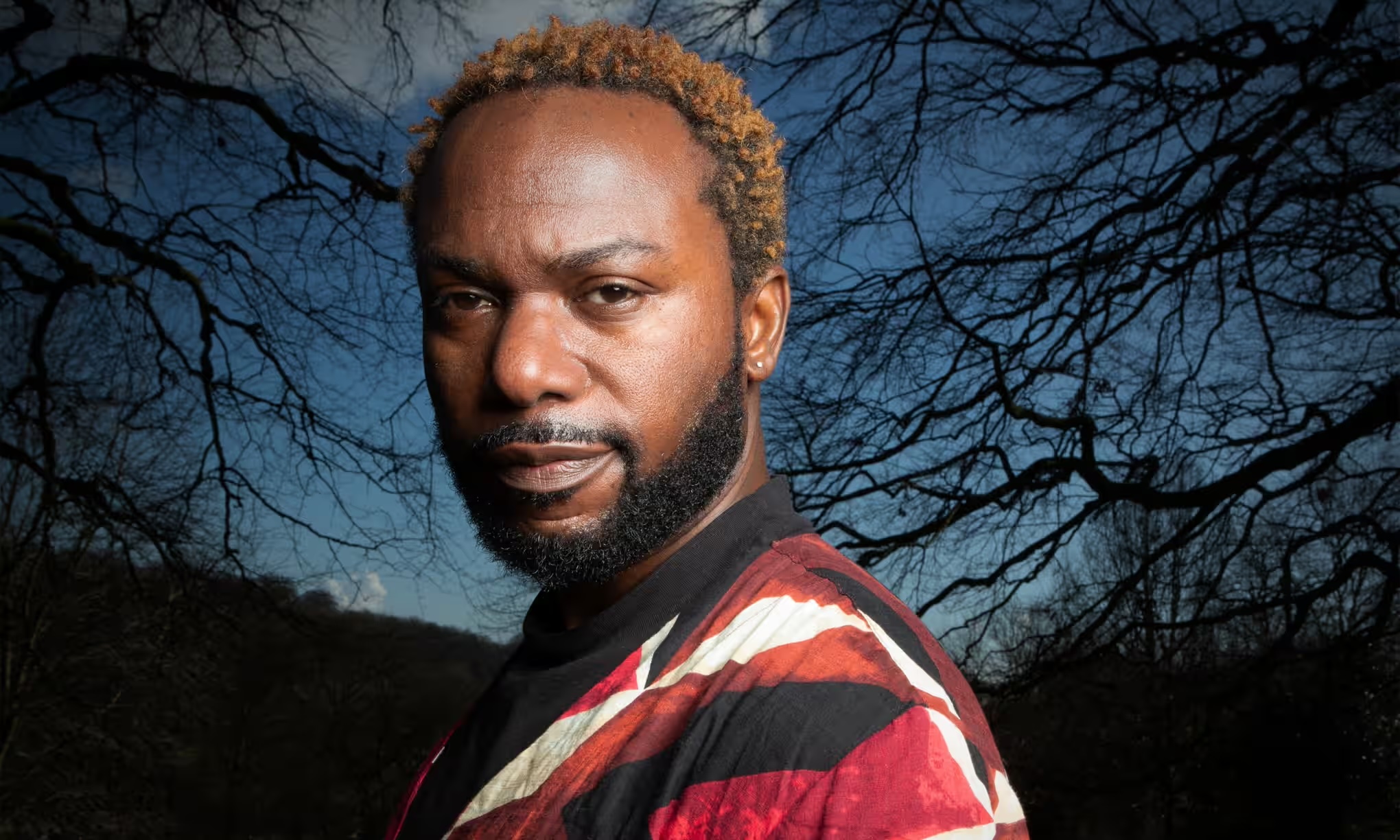The Observer
Jason Allen-Paisant


Jason Allen-Paisant, born in Jamaica in 1980, is a poet, writer and academic. Currently a professor of critical theory and creative writing at Manchester University, he released his debut poetry collection, Thinking With Trees, in 2021. His second collection, Self-Portrait as Othello, (2023) won the TS Eliot and the Forward prize. Through time spent in the north of England and Jamaica’s rural Coffee Grove district, his debut in nonfiction, The Possibility of Tenderness (Penguin), intimately explores ideas around class, leisure, economics and self-discovery, looking closely at the life of his farmer grandmother, as well as the plants and people that shaped who he is today. Allen-Paisant lives in Leeds with his wife and two children.
The Possibility of Tenderness is a departure from your work in poetry. How did you go about writing it?
I started with a mix of poetry and prose. Then I thought to write a series of essays [and] hammer out some of these big questions around leisure and class within nature but I remember thinking: “All of the ideas that I’m talking about in a theoretical way, I can bring them all out if I just tell a story.” My grandma, “Mama”, she’s the protagonist outside myself. I can use the story of her life to talk about planting, food independence, food sovereignty, living with plants, plants as medicine, globalisation and its effects and kinship with the land.
What do you want the book to communicate?
Living between two different landscapes. I wrote this book to understand how the place I grew up, which is so far away from where I am now both socially and class-wise, shaped me as a writer. I’ve taken a journey… I needed to write to understand where I am now in relation to where I came from.
When did that desire to look back at your life in this way begin?
I was walking one night [home through Roundhay Park], I cut across a field and, perhaps it was the silence of it all, it suddenly hit me – that I’m living here in this place [with all of this] space and nature. A place where you can roam, where there’s a sense of freedom, of openness. But how did I get here? How come somebody like me is here? I felt for the first time that I had become a different person. We didn’t plan to live here. It’s a very affluent area. Walking across that field in the dead of night unlocked a door and I started to think about nature, trees, birds, big spaces. [Living here] is a kind of privilege on the face of it. But why couldn’t I think about Coffee Grove as a privilege? Was it that bad? I grew up in nature. I grew up among a wholesome green with equality, kinship, exchange, social solidarity. I had all of that. But I had blocked out my background. I think a lot of migrants from the Caribbean do block out our background when you think it’s associated with poverty.